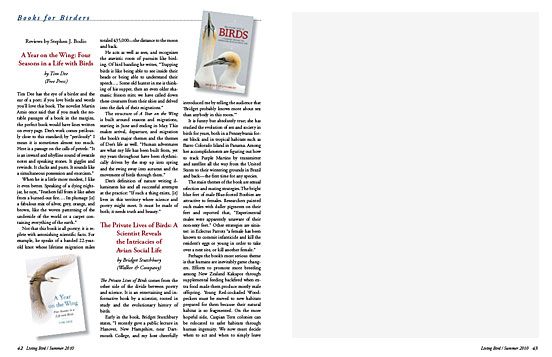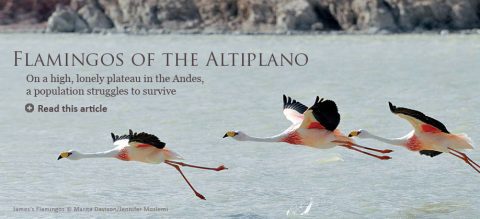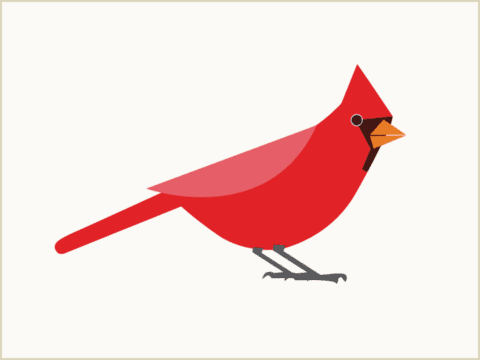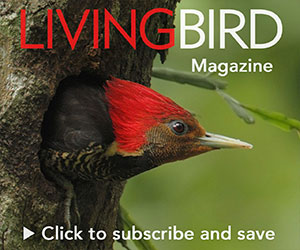Book Review: The Private Lives of Birds, by Bridget Stutchbury
reviewed by Stephen J. Bodio
July 15, 2010
The Private Lives of Birds comes from the other side of the divide between poetry and science. It is an entertaining and informative book by a scientist, rooted in study and the evolutionary history of birds.
Early in the book, Bridget Stutchbury states, “I recently gave a public lecture in Hanover, New Hampshire, near Dartmouth College, and my host cheerfully introduced me by telling the audience that ‘Bridget probably knows more about sex than anybody in this room.’”
It is funny but absolutely true; she has studied the evolution of sex and society in birds for years, both in a Pennsylvania forest block and in tropical habitats such as Barro Colorado Island in Panama. Among her accomplishments are figuring out how to track Purple Martins by transmitter and satellite all the way from the United States to their wintering grounds in Brazil and back—the first time for any species.
The main themes of the book are sexual selection and mating strategies. The bright blue feet of male Blue-footed Boobies are attractive to females. Researchers painted such males with duller pigments on their feet and reported that, “Experimental males were apparently unaware of their non-sexy feet.” Other strategies are sinister: in Eclectus Parrots “a female has been known to commit infanticide and kill the resident’s eggs or young in order to take over a nest site, or kill another female.”
Perhaps the book’s most serious theme is that humans are inevitably game changers. Efforts to promote more breeding among New Zealand Kakapos through supplemental feeding backfired when extra food made them produce mostly male offspring. Young Red-cockaded Woodpeckers must be moved to new habitats prepared for them because their natural habitat is so fragmented. On the more hopeful side, Caspian Tern colonies can be relocated to safer habitats through human ingenuity. We now must decide when to act and when to simply leave things alone.

All About Birds
is a free resource
Available for everyone,
funded by donors like you
American Kestrel by Blair Dudeck / Macaulay Library



